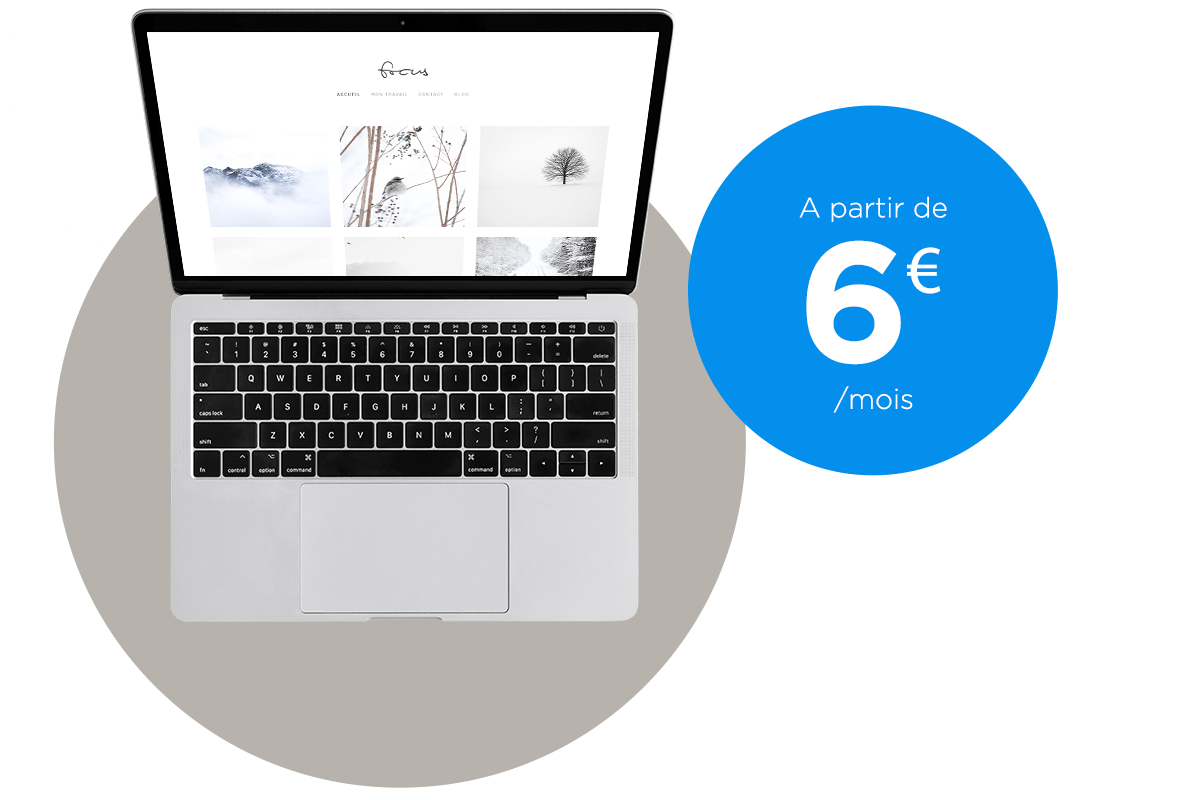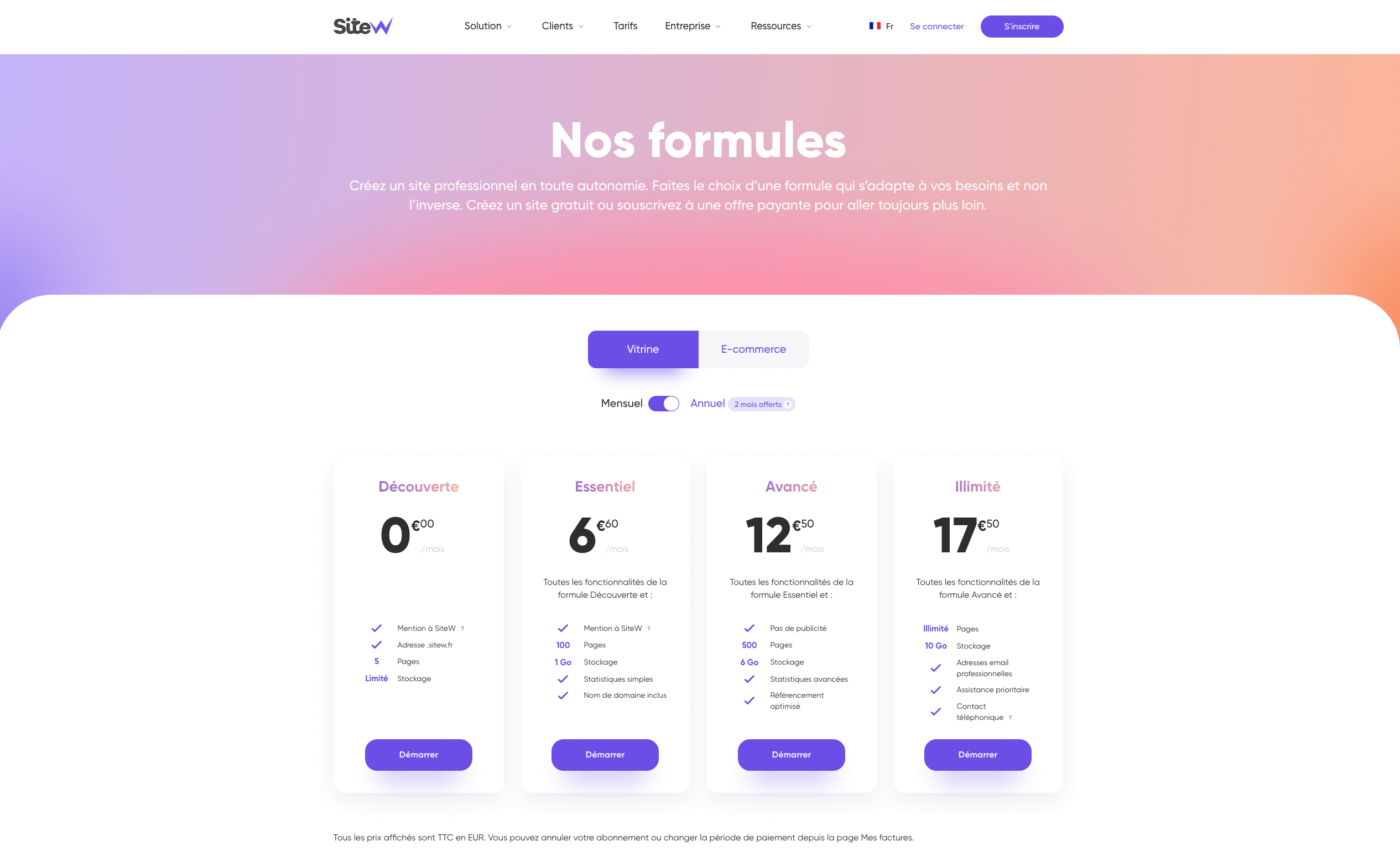Absolutely! Here’s a 3000-word article on “Affordable Website Solutions” with a focus on practical advice, replacing list items with headings for better flow:
In today’s digital age, a website is no longer a luxury; it’s a necessity. Whether you’re a budding entrepreneur, a small business owner, or an individual looking to establish an online presence, having a website is crucial. However, the perception that website creation is expensive can deter many from taking the plunge. This article aims to demystify the process and explore various affordable website solutions that can help you build a professional online presence without draining your financial resources.

Before diving into the technical aspects, it’s essential to define your website’s purpose. What do you hope to achieve? Are you looking to sell products, provide information, or build a portfolio? Understanding your objectives will help you determine the necessary features and functionalities, ultimately impacting the cost.
Simple Informational Website
If your goal is to provide basic information about your business or services, a simple informational website might suffice. This type of website typically consists of a few pages, such as “About Us,” “Services,” and “Contact.” It’s ideal for businesses like local service providers, freelancers, or consultants who primarily want to establish an online presence and provide contact details.

E-commerce Website
For businesses looking to sell products online, an e-commerce website is essential. This type of website requires more advanced features, such as shopping carts, payment gateways, and inventory management systems. However, even e-commerce websites can be built affordably with the right tools.
Portfolio Website
Artists, photographers, writers, and other creative professionals can benefit from a portfolio website. This type of website showcases your work and skills, allowing potential clients or employers to easily view your portfolio.
Once you’ve defined your needs, you need to decide whether to build the website yourself or hire a professional. Both options have their pros and cons.
DIY Website Builders: Empowering the Non-Technical
DIY website builders like Wix, Squarespace, and Weebly have revolutionized the website creation process. These platforms offer user-friendly interfaces, drag-and-drop editors, and a wide range of templates, making it easy for anyone to build a professional-looking website without coding knowledge.
Pros of DIY Website Builders
Affordability: DIY website builders are generally more affordable than hiring a professional.
Cons of DIY Website Builders
Limited Customization: While templates offer a good starting point, customization options may be limited.
Hiring a Professional: Expertise and Customization
If you require a highly customized website with advanced features, hiring a professional web developer or agency might be the better option. Professionals bring expertise in design, development, and SEO, ensuring a high-quality website that meets your specific needs.
Pros of Hiring a Professional
Expertise: Professionals have the knowledge and experience to create a website that aligns with your brand and goals.
Cons of Hiring a Professional
Cost: Hiring a professional is generally more expensive than using a DIY website builder.
Regardless of whether you choose a DIY approach or hire a professional, there are several strategies to keep costs down.
Choose a Budget-Friendly Hosting Plan
Website hosting is a recurring expense. Opt for a shared hosting plan, which is generally more affordable than dedicated or VPS hosting. Many hosting providers offer affordable plans with sufficient resources for small to medium-sized websites.
Utilize Free or Low-Cost Themes and Plugins
Many DIY website builders and content management systems like WordPress offer a wide range of free or low-cost themes and plugins. These tools can enhance your website’s functionality and appearance without breaking the bank.
Consider a Minimalist Design
A minimalist design not only looks modern and professional but also reduces development costs. Focus on essential elements and avoid unnecessary features.
Leverage Free Stock Images and Graphics
High-quality visuals are essential for a professional website. Utilize free stock image and graphic resources like Unsplash, Pixabay, and Canva to enhance your website’s visual appeal.
Focus on Essential Features
Prioritize essential features and avoid adding unnecessary functionalities. You can always add more features later as your business grows.
Optimize for SEO Yourself
While professional SEO services can be expensive, you can optimize your website for search engines yourself. Focus on keyword research, on-page optimization, and content creation.
Maintain Your Website Regularly
Regular maintenance is crucial to ensure your website’s security and performance. Perform regular backups, update plugins and themes, and monitor your website’s speed and uptime.
No matter how visually appealing your website is, it’s the content that truly matters. High-quality, engaging content can attract and retain visitors, ultimately driving conversions.
Create Valuable and Relevant Content
Focus on creating content that is valuable and relevant to your target audience. This could include blog posts, articles, videos, or infographics.
Optimize Content for SEO
Use relevant keywords, optimize meta descriptions and titles, and build high-quality backlinks to improve your website’s search engine rankings.
Update Content Regularly
Keep your website content fresh and up-to-date. Regularly adding new content can improve your website’s visibility and attract repeat visitors.
Use High-Quality Images and Videos
Visual content can enhance your website’s appeal and engagement. Use high-quality images and videos to break up text and make your content more visually appealing.
Building a website is just the first step. You need to promote it to attract visitors and build your online presence.
Utilize Social Media Marketing
Social media platforms like Facebook, Instagram, and Twitter can be powerful tools for promoting your website. Share your content, engage with your audience, and run targeted ads to drive traffic to your website.
Implement Email Marketing
Build an email list and send out regular newsletters to promote your website’s content and offers. Email marketing can be a cost-effective way to reach your target audience.
Engage in Guest Blogging
Write guest posts for other websites in your industry to build backlinks and drive traffic to your website.
Participate in Online Communities
Engage in online forums and communities related to your industry to build relationships and promote your website.
Leverage Local SEO
If you’re a local business, optimize your website for local search. Create a Google My Business profile, list your business in local directories, and encourage customer reviews.
Building an affordable website is achievable with careful planning and the right strategies. By understanding your needs, choosing the right platform, and implementing cost-effective strategies, you can establish a professional online presence without exceeding your budget. Remember that a website is an investment in your business or personal brand. Focus on creating high-quality content, promoting your website effectively, and continuously improving your online presence. With dedication and effort, you can build a successful online presence that drives results.



